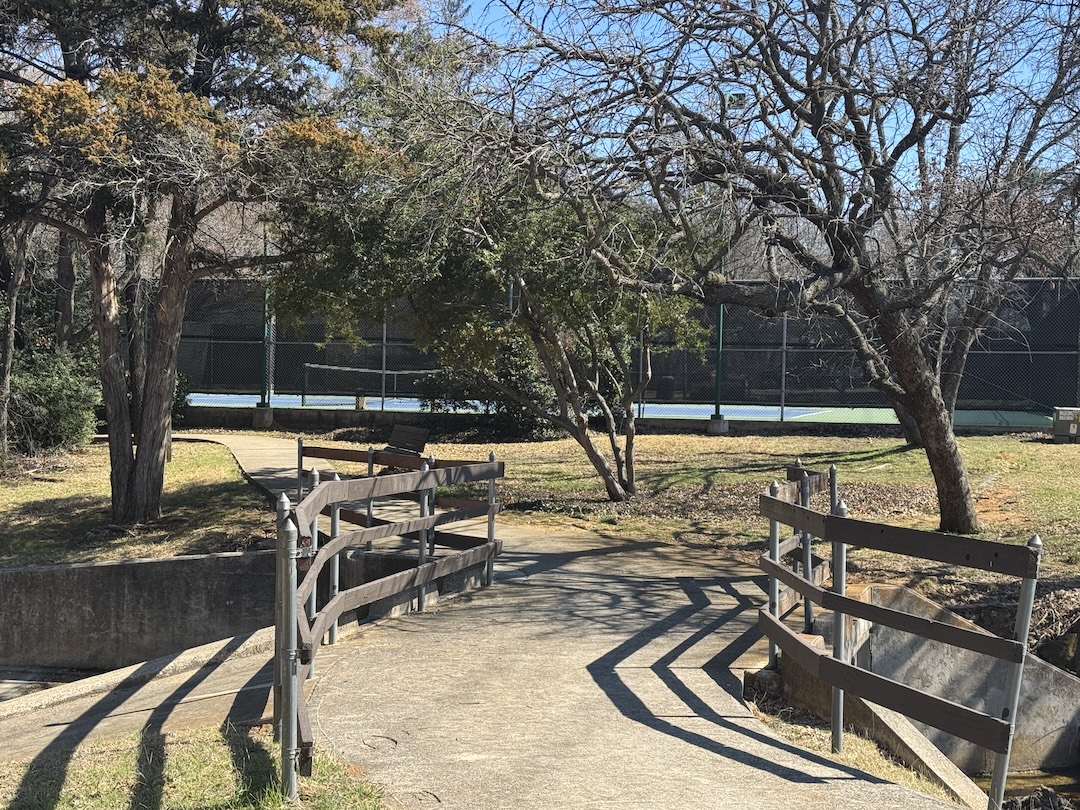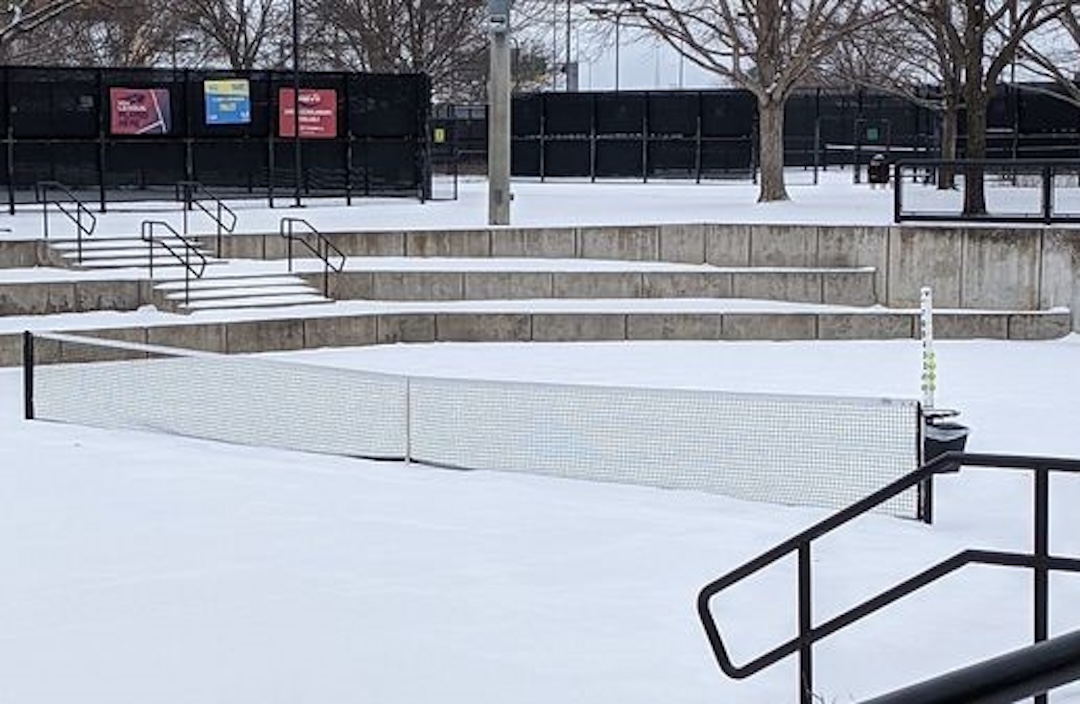As people age, they often experience a reduction in imaginative thinking. The constraints of responsibility, societal norms, and formal education lead to a prioritization of practicality over creativity. Career, family, and financial obligations demand pragmatic thinking. That discourages imaginative pursuits.
While neurological and psychological changes with age also shift cognitive processes towards analytical thinking, a loss of imagination is not necessarily permanent. Today’s topic is an exercise to help us break out of those constraints and find our most joyful and happy tennis life. Bill Burnett and Dave Evans describe a method for doing that in their book ‘Designing Your Life: How to Build a Well-Lived, Joyful Life.’ Specifically, they recommend not only developing a plan that closely aligns with the life that you already have, but also to consider how you might want to live in the future if you were freed of your present situation.
One way to develop a truly imaginative potential future is to think of what you would do if all the ways you engage with tennis suddenly weren’t possible. In a way, we all got a little taste of that during the Covid shutdown. Additionally, at the rate pickleball is cannibalizing tennis courts, the tipping point where facilities no longer have the capacity to host USTA League or tournaments is probably closer than we think. Alternatively, many older players are one step away from an extensive layoff due to sudden injury.
Rather than simply preparing for a tennis apocalypse, how you would ideally fill your time and energy if that metaphorically occurred might provide important cues for improving your tennis life. For example, if your first thoughts turned to alternatives for physical fitness, you might want to prioritize more gym time within your tennis life. Similarly, if you imagine a series of social events, then the interpersonal benefits of tennis are obviously important to you.
Finally, if you discover that you are genuinely excited about the alternatives, that could be a sign that you might benefit from taking a break from some of the tennis in your life that may feel more like an obligation than a joy. Thinking through your ideal life if tennis wasn’t possible may reveal that less is more in some circumstances.
This exercise helps us break free from the constraints of our current lives and opens up new pathways to rediscovering joy and satisfaction in tennis. By imagining alternate realities in which our usual engagements with the sport are no longer possible, we can identify what aspects of tennis truly matter to us.
Moreover, if the alternatives genuinely excite you, a break from tennis might be exactly what the doctor ordered. Ultimately, this imaginative exercise aims to enhance your tennis life by aligning it more closely with your deepest values and desires. Embracing these insights can lead to a more fulfilling and joyful engagement with tennis, ensuring that it remains a source of happiness and well-being. After all, it’s supposed to be fun.
Throughout 2024, I am publishing a series of essays imaging how to apply the principles in ‘Designing Your Life: How to Build a Well-Lived, Joyful Life‘ (<- sponsored link), which is a non-tennis book that I have come to believe that everyone should read.
A chronological summary of all posts on this topic is available on the Designing Your Tennis Life summary page.




